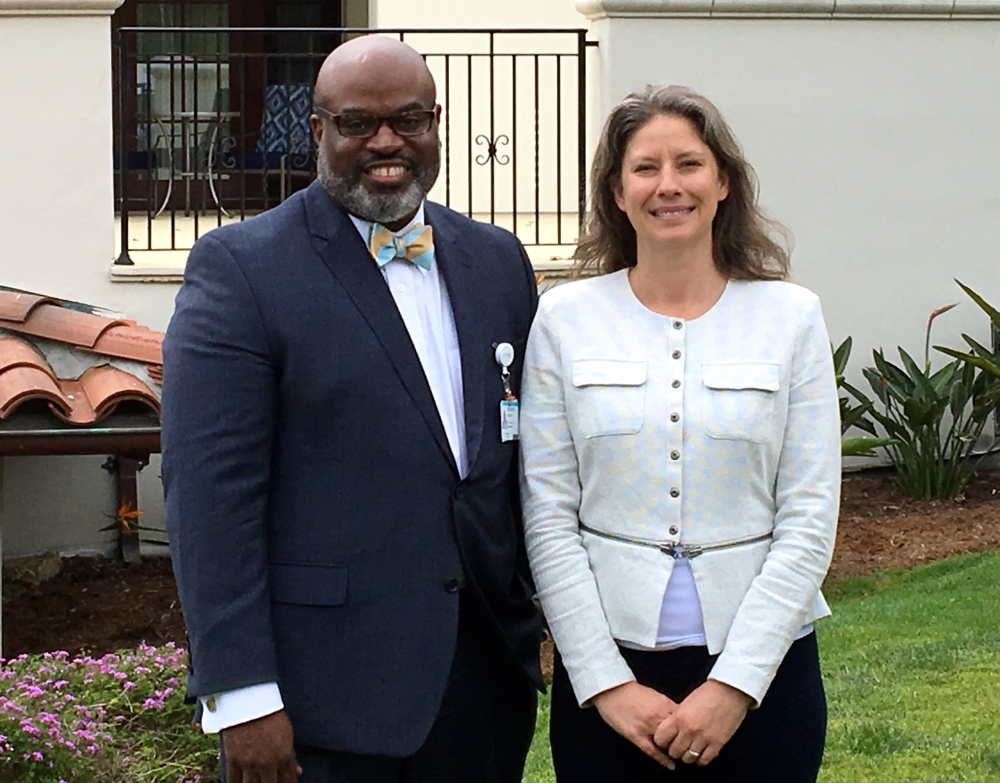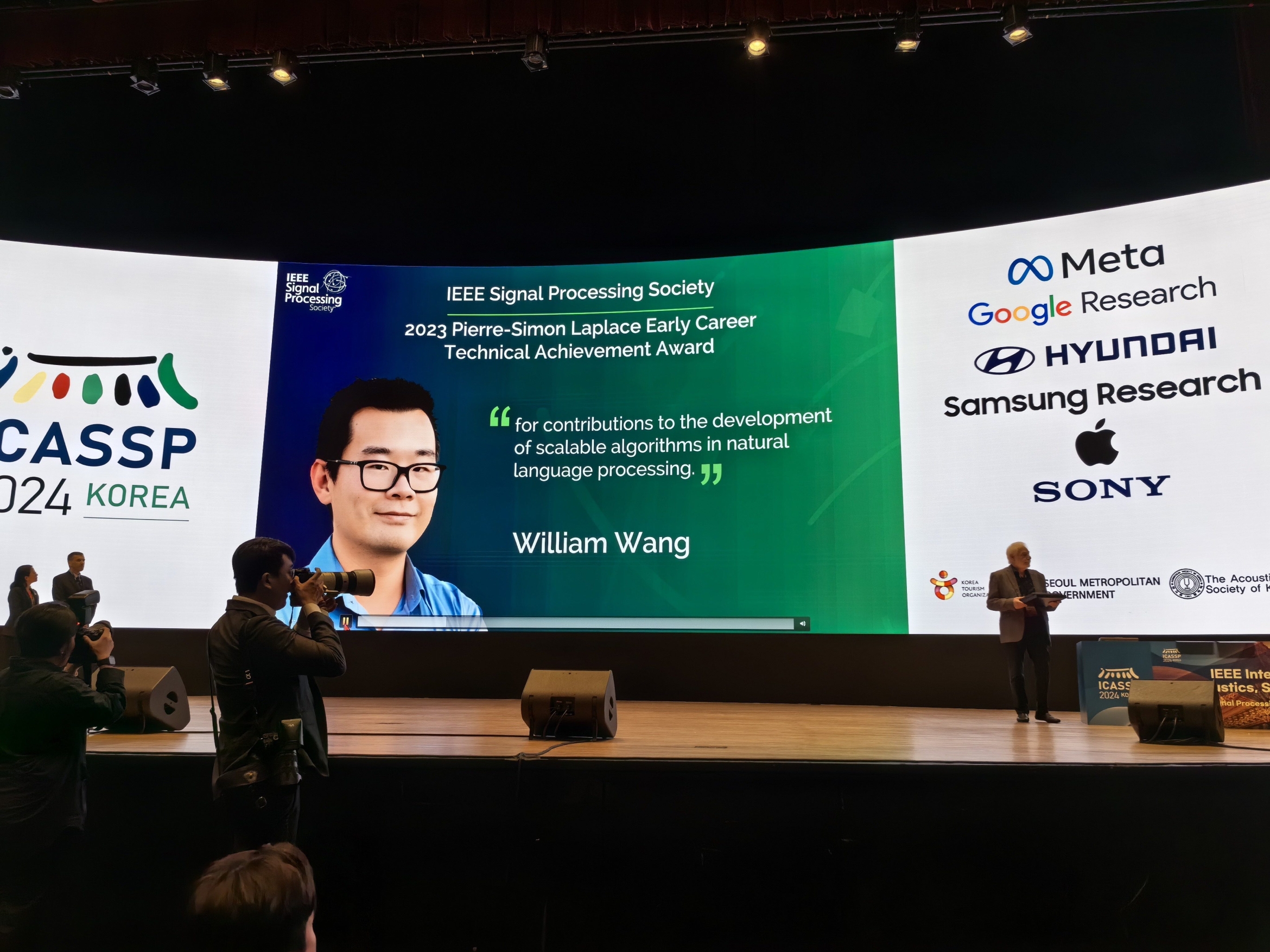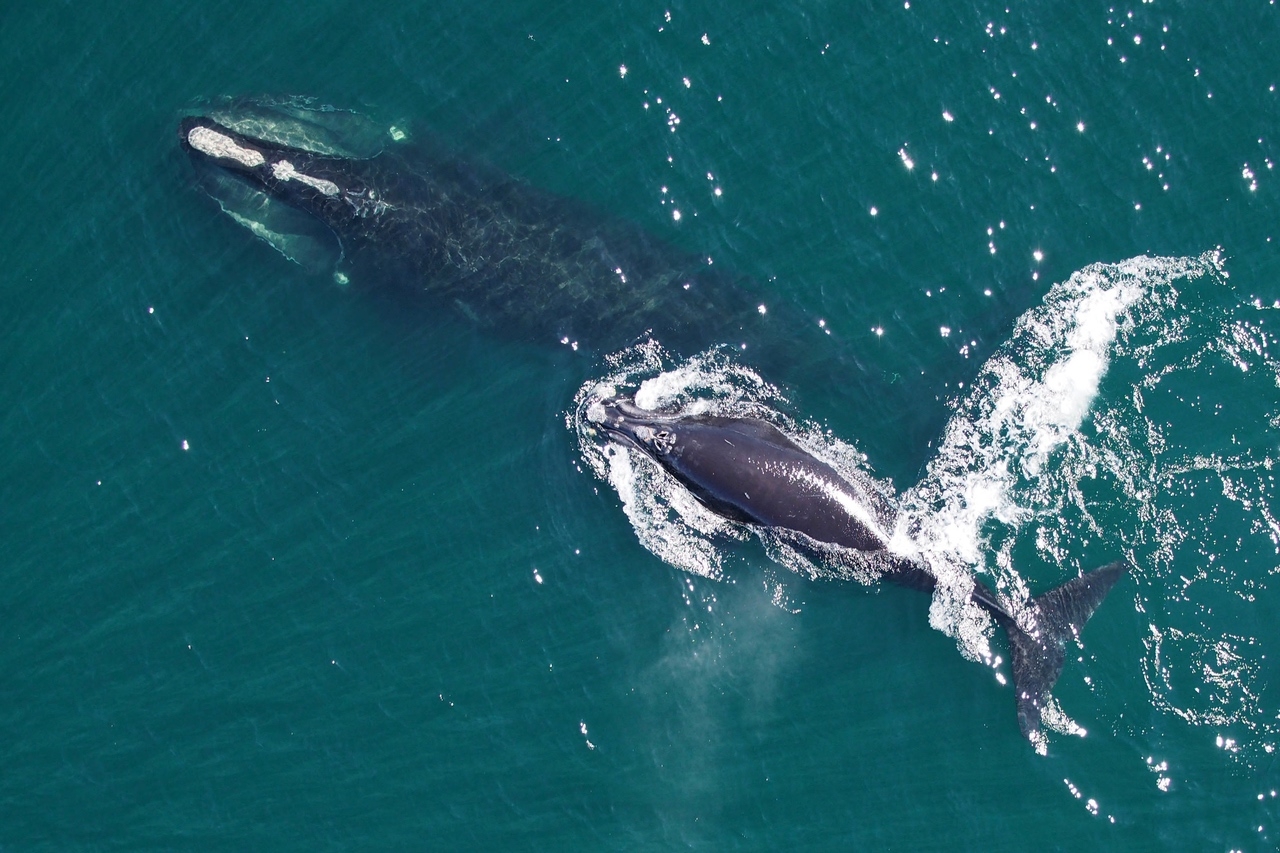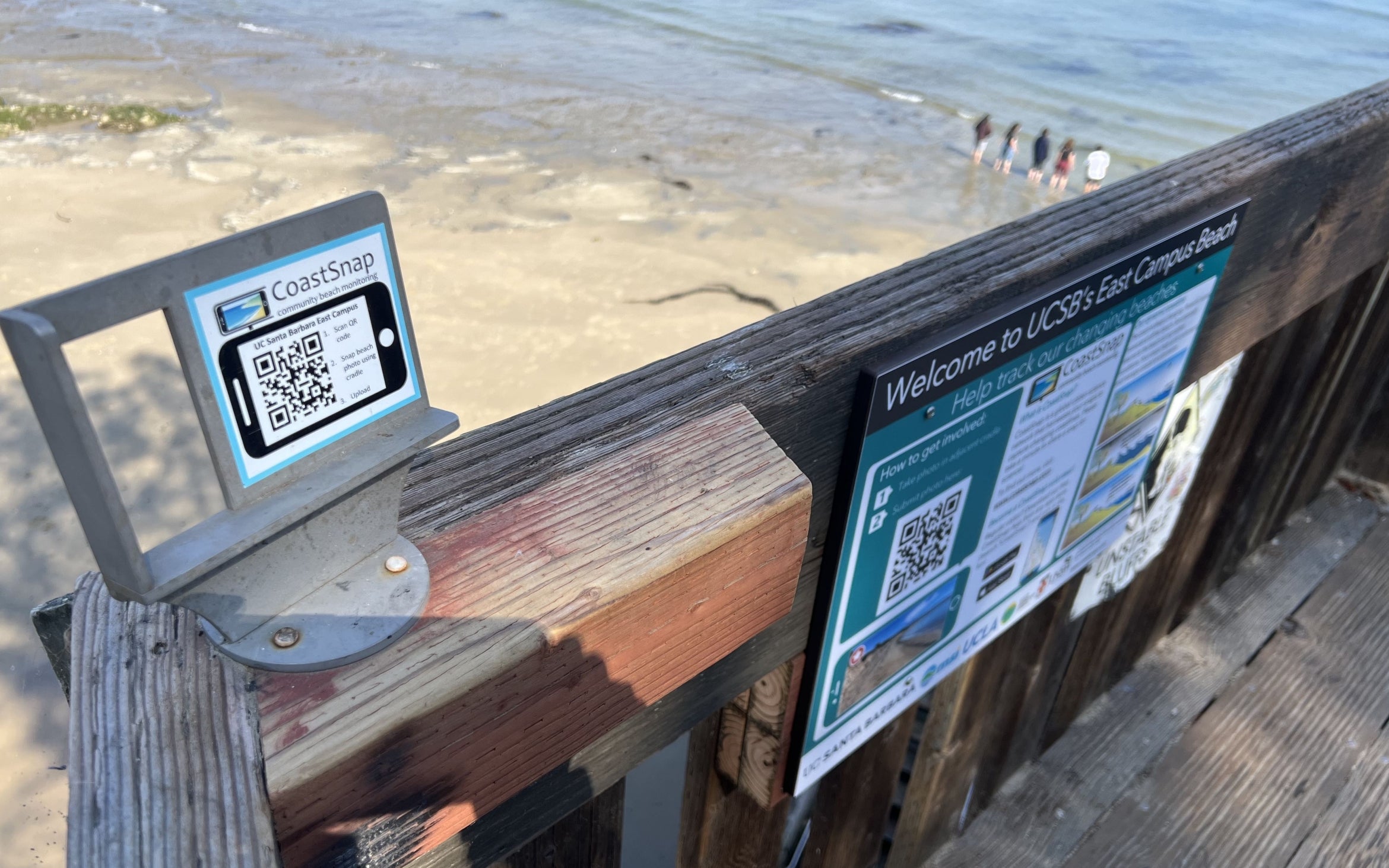
A Meeting of the Minds
UC Santa Barbara biologist Michael Mahan’s groundbreaking work on antibiotic resistance may one day change the way these ubiquitous drugs are prescribed.
Funded by Cottage Health, Mahan’s research examines why antibiotics are ineffective in some patients despite lab tests that predict otherwise. It turns out, as his work demonstrates, that current methods for testing resistance to antibiotics don’t reflect the actual and varying environments in the body in which bacteria fight to survive.
Though UC Santa Barbara doesn’t have a medical school, its abundant biomedical research — like Mahan’s — has helped cultivate a strong partnership with Cottage. To open new avenues for collaboration, researchers and physicians working with Cottage gathered last week for the 2016 Collaborative Research Symposium, at which participants from both organizations shared their current lines of investigation.
More than 20 scientists each gave a timed five-minute presentation, hoping to connect with a like-minded researcher. At stake were two $15,000 seed grants designed to support collaborative initiatives between attendees from each institution.
The symposium was made possible by philanthropists Jan Dunbar and Alex Pananides, who also provided funding for the grants. Pananides is a UC Santa Barbara Foundation trustee and an honorary alumnus.
“While very, very strong collaborations already exist between individual investigators from Cottage Health and UCSB, this event underscores the potential for strengthening institutional ties as well as increasing and facilitating additional partnerships,” said Meredith Murr, director of research development at UC Santa Barbara.
Said Richard Beswick, vice president and chief research officer for Cottage Health: “To be able to bring together folks from different areas and see how they interact with each other and how the research and the clinical pieces integrate is just amazing. This symposium strengthened the existing building blocks of this collaboration.”
The morning’s first presenter, professor Denise Montell, who studies the cellular and molecular mechanisms of metastasis, had a specific goal in mind: securing human tumor samples from a potential Cottage research partner.
For 20 years, Montell, the Duggan Professor of Molecular, Cellular and Developmental Biology (MCDB), has focused on collective cell migration and invasion. “Tumor cells metastasize in clusters and groups of cells, not as single cells,” she explained. “I would like to take the mechanisms that we’ve uncovered in experimental models and test them in primary human tissue.”
MCDB professor Tony De Tomaso studies Botryllus schlosseri, commonly known as the star acidian. This marine animal has a massive, transparent vascular network located outside its collective body that is able to regenerate blood vessels.
This unique ability could be of interest to someone like Santa Barbara pulmonologist Jeffrey Sager, whose own presentation at the symposium centered on his work in pulmonary hypertension. Sager hopes to find a partner to expand his research into the abnormal vasculature associated with this rare condition.
From physicist Ania Jayich’s novel imaging tool to engineer Yon Visell’s efforts to build wearable technologies that have potential use in medical examinations, much of the biomedical research conducted at UC Santa Barbara has applications that researchers are eager to test in the real world. Psychological and brain sciences professor Karen Szumlinski’s study of the neurobiology of addiction and related neuropsychiatric disorders, for example, could have applications for Cottage Hospital’s psychiatric and addiction medicine services, or for its inpatient medical detoxification program.
Four breakout sessions held at the event included Cancer Center of Santa Barbara oncologist Dan Greenwald and Joel Rothman, a professor in the Department of Ecology, Evolution, and Marine Biology, leading a discussion on new research related to cancer. Cottage radiologist Bernard Chow and B.S. Manjunath, vice chair of the Department of Electrical and Computer Engineering, oversaw a session on imaging and big data. And cardiovascular issues were addressed in a session led by thoracic and cardiac surgeon Don Thomas and mechanical engineering and computer science professor Linda Petzold. The final session, which examined developments in neuroscience, was chaired by neurosurgeon Michel Kliot and Dennis Clegg, Wilcox Family Chair in BioMedicine.



